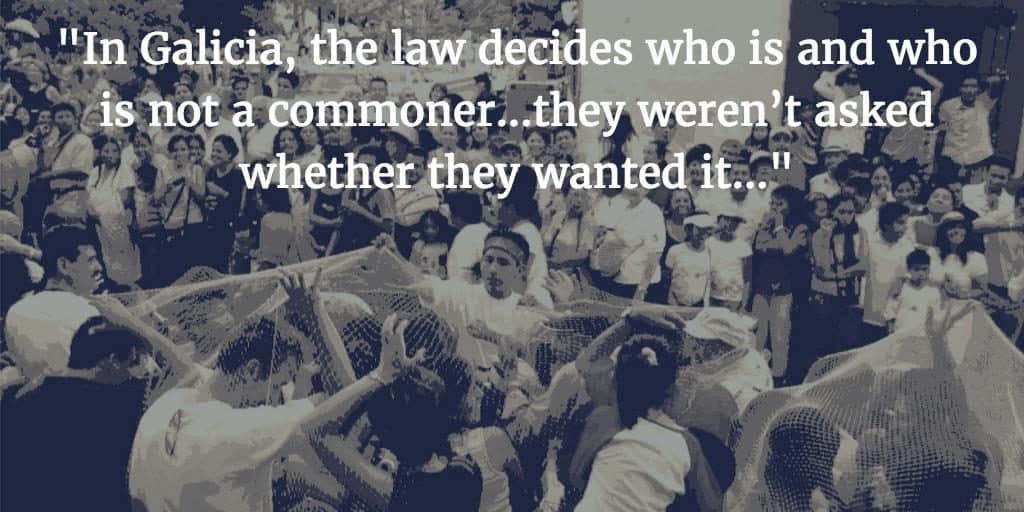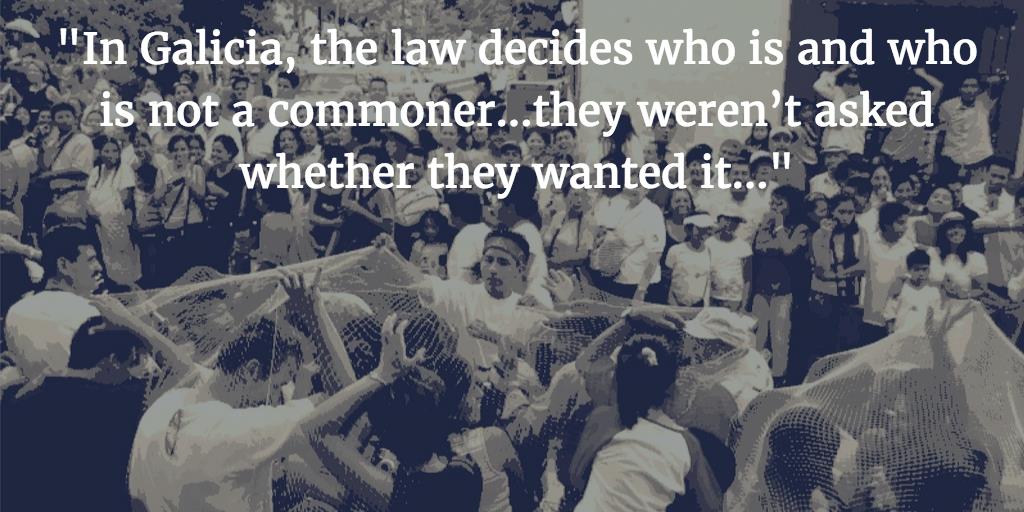Do you know what happened to historical commonlands in Europe? Before the 18th century many of our rural areas where managed directly by communities. Today, many of these historical commonlands have been taken by the state, are privatised or abandoned.
To show what’s happening in a community in Galicia, Spain, I made a short video (above). O Carballo community is managing forests collectively, looking for forest multi-functionality and the well-being of its people. I chose this community as one of my case-studies and to serve as an example of sustainable place-shaping practices. Yet, after 3 weeks of fieldwork I found many things that I was not expecting.
I now wonder whether undertaking collective management is even more challenging when pre-defined communities have legal rights to manage their lands. Sounds weird, doesn’t it? I will try to explain it below with a seemingly unrelated story.
Last week I saw on my bank account that Amazon had charged me a fee for the Premium Amazon membership. Even if Amazon told me that it had amazing benefits in terms of discounts, I was quite angry by the fact that they did not me whether I wanted or not to be part of the club…
I found something similar during my fieldwork in O Carballo. In Galicia, the law decides who is and who is not a commoner and what is the forest area that belongs to the inhabitants of a particular pre-defined area. Maybe, some of the rejection of collective management that I found, is related to the fact that the inhabitants weren’t asked whether they wanted it or not.
The questions now are: is there a detour by which one can “mend” this situation? How can one help to legitimize a collective management that seems to have potential for improving people’s and forest’s life? How much flexibility has the formal regulations of commonlands to be adapted to what local people would like?
My research in this case study will try to answer these, and other, questions. For more information check my project’s page or write to me at marta.nieto@ua.pt.

